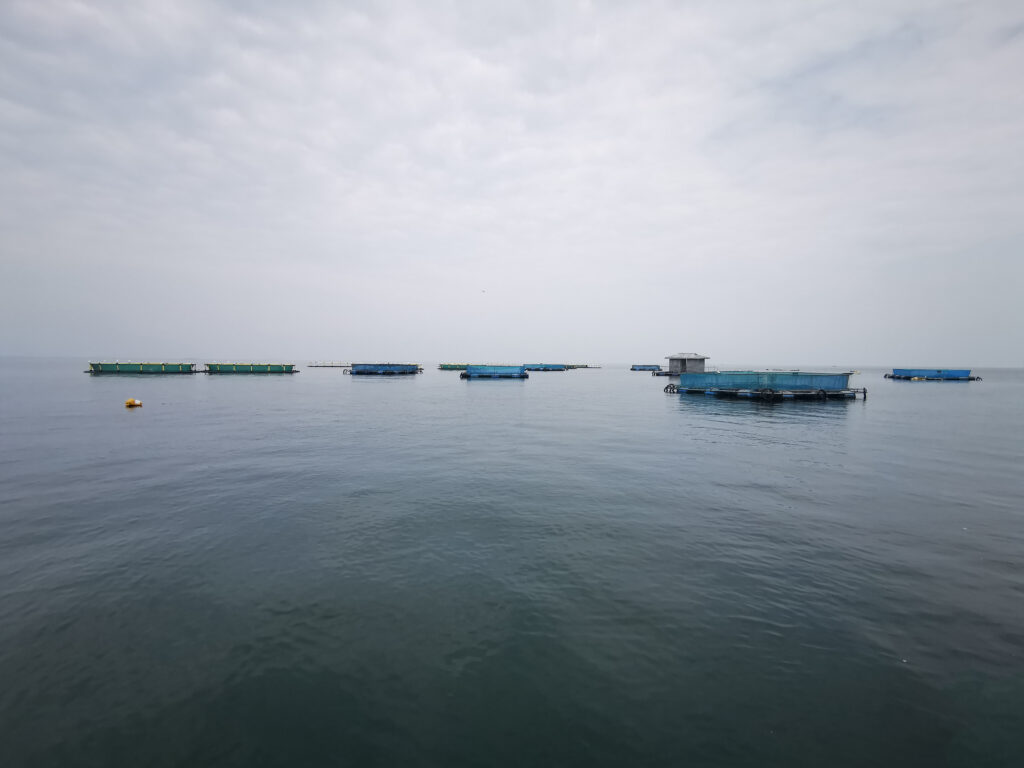When discussing barriers to aquaculture in Africa, the conversation often revolves around feed costs, access to quality seed, aquaculture infrastructure, or farmer training. While these are critical factors, there is an often underestimated issue that underpins the sector’s long-term viability: aquaculture legislation and regulatory frameworks.
The Challenge: Outdated or Fragmented Aquaculture Policy in Africa
Aquaculture is still relatively young across much of Sub-Saharan Africa. As a result, many countries face major policy and governance gaps, such as:
- Fragmented oversight spread across ministries of agriculture, fisheries, environment, and trade.
- Outdated aquaculture laws that fail to address modern farming systems such as cage culture, recirculating aquaculture systems (RAS), or integrated multi-trophic aquaculture (IMTA).
- Cumbersome licensing processes that make it slow, costly, and risky for farmers to begin or expand operations.
- Inconsistent enforcement that creates uncertainty for both farmers and aquaculture investors.
The consequences are significant. Without clear and enabling aquaculture policy frameworks, farmers face high entry barriers, financiers hesitate to support the sector, and innovation slows.
Global Lessons: How Policy Can Drive Aquaculture Growth
Evidence from other regions shows how transformative good legislation can be for aquaculture:
- Egypt: With a streamlined aquaculture policy framework and government support, Egypt has become the third-largest global producer of tilapia, contributing significantly to food security, rural employment, and exports.
Read more here. - Ghana: Proactive regulation of cage farming on Lake Volta has enabled rapid aquaculture expansion while introducing safeguards for environmental sustainability and fish health.
Case study 1 | Case study 2
These case studies highlight that science-based, inclusive aquaculture regulation does not restrict growth — it drives sustainable aquaculture development.
The Road Ahead: Reforming Aquaculture Legislation in Africa
If Africa is to move from contributing less than 5% of global aquaculture production to becoming a continental leader, enabling aquaculture legislation is paramount.
Key priorities for reform include:
- Transparent and efficient aquaculture licensing procedures.
- Strong biosecurity protocols and environmental safeguards rooted in science.
- Investment incentives that support both smallholder farmers and large-scale aquaculture investors.
- Policy harmonisation across African regions to enable aquaculture trade and collaboration.
At ACMS Africa, our position is clear: the future of aquaculture on this continent will be shaped not only in ponds and cages, but also in policy and regulatory rooms.
By modernising and aligning aquaculture legislation with the realities of the sector, African nations can:
- Boost food security,
- Create sustainable aquaculture jobs, and
- Position the continent as a key player in global aquaculture production.

